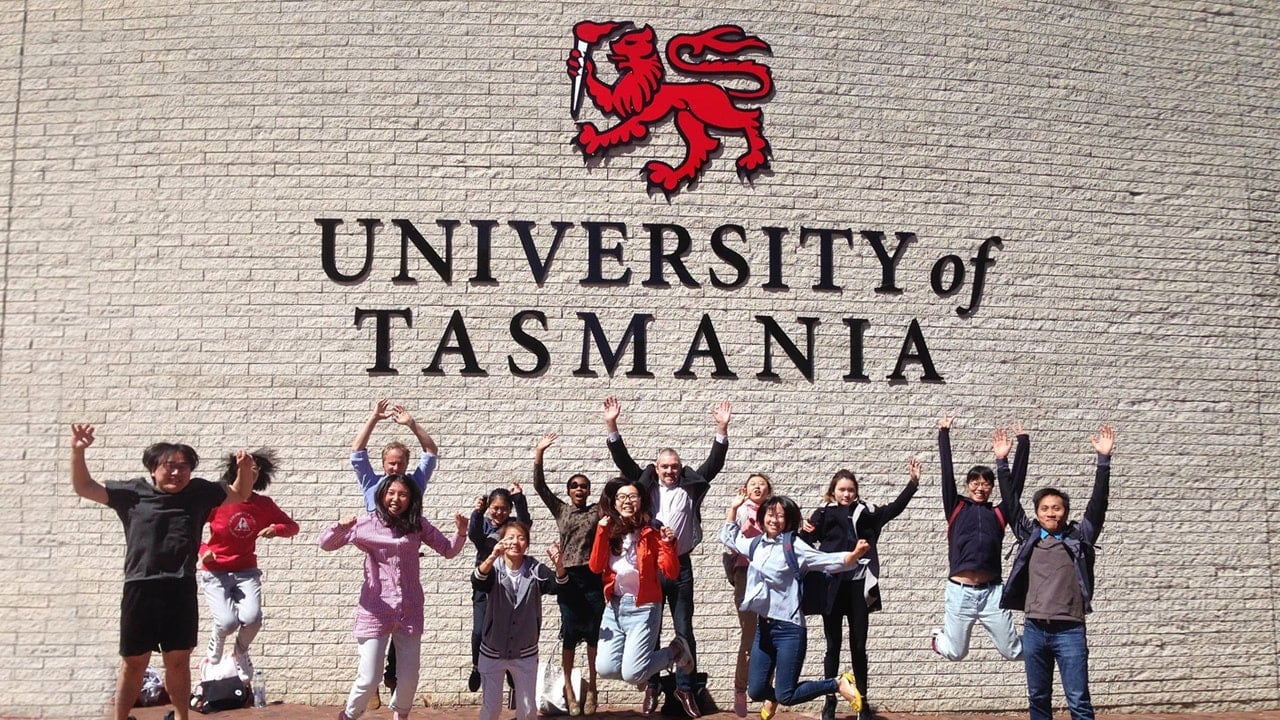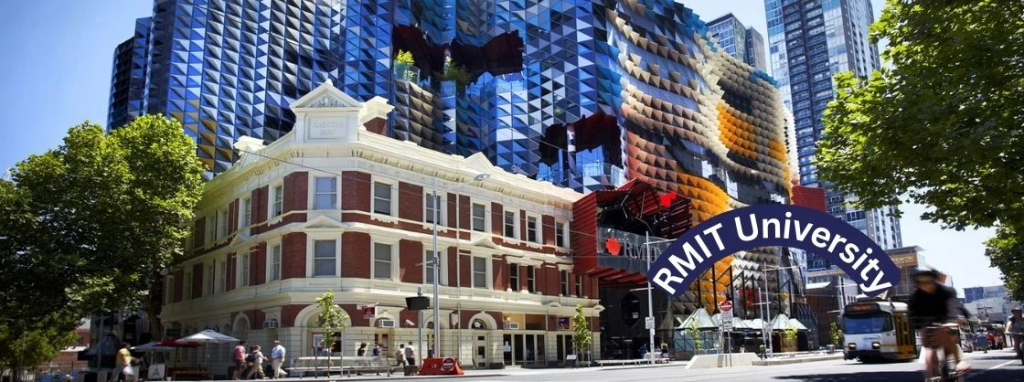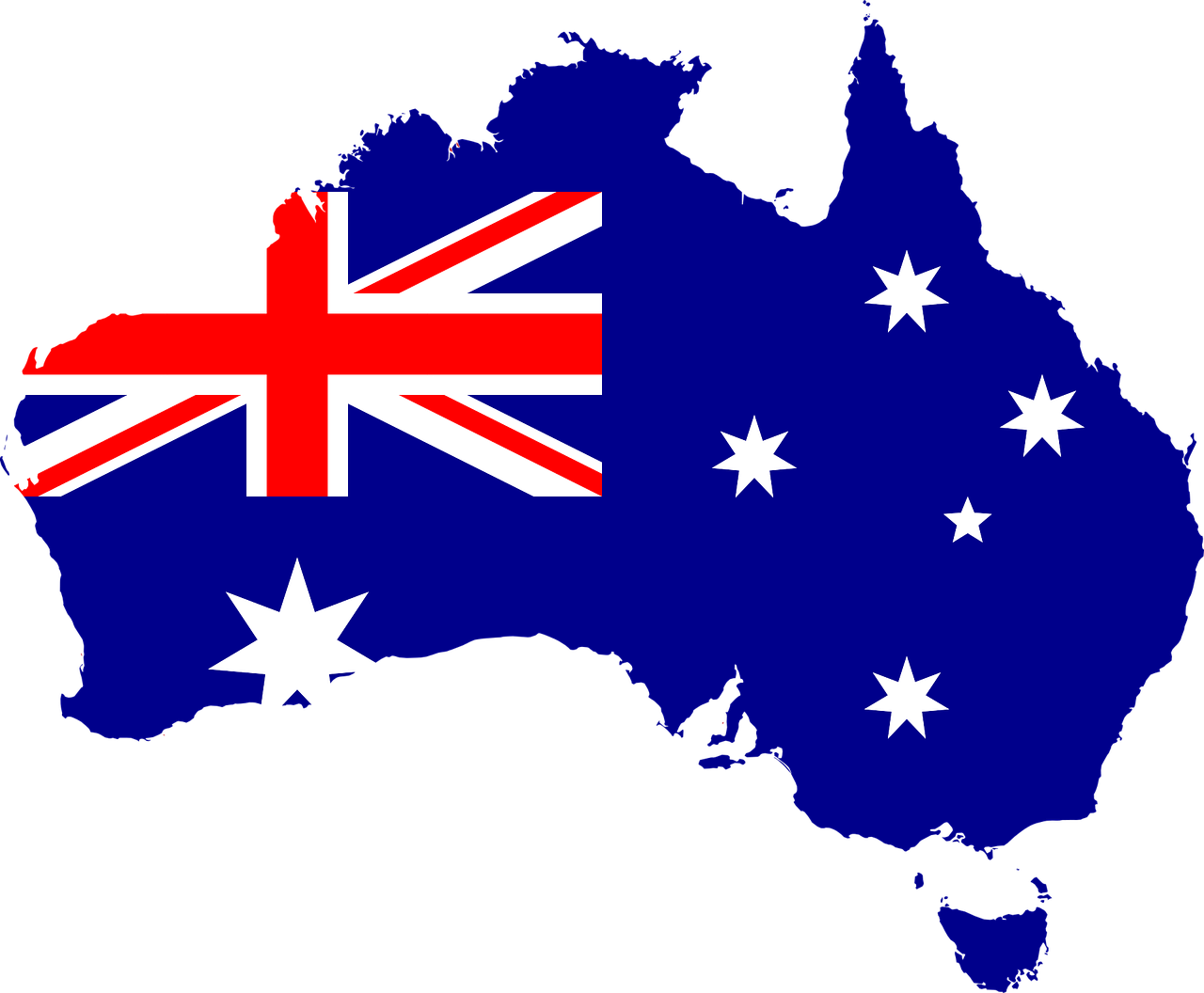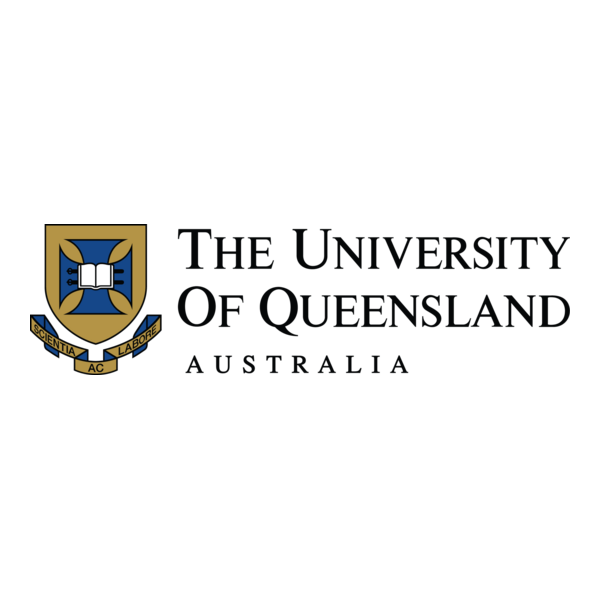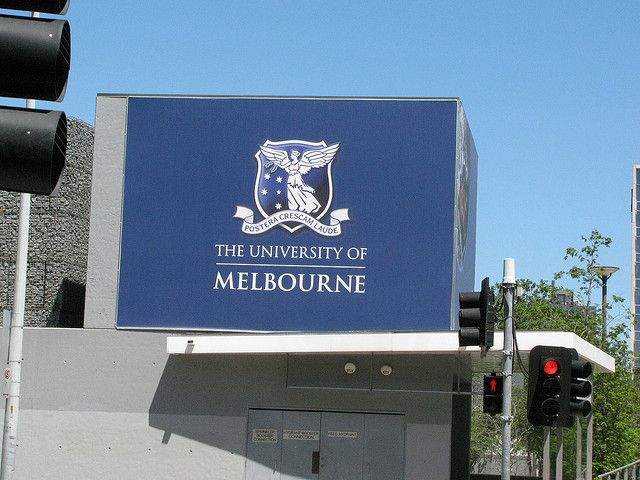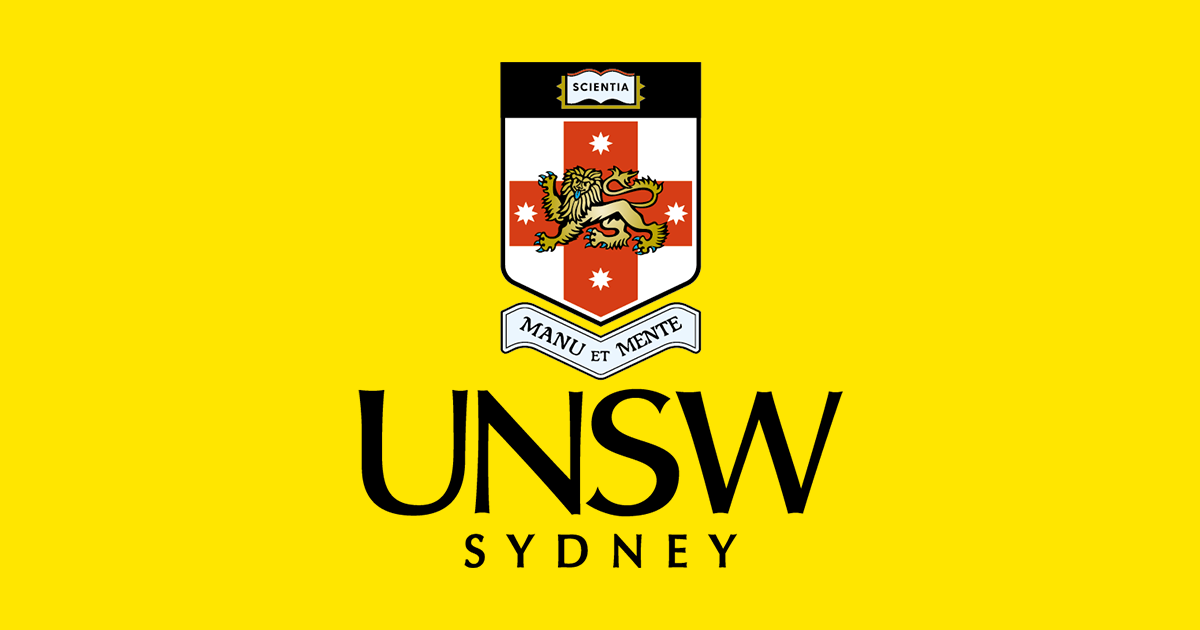
The University of Tasmania (UTAS) offers a truly unique Australian university experience — combining high-quality education, world-class research, and an environment surrounded by nature, calm, and creativity.
Founded in 1890, UTAS is one of Australia’s oldest universities and remains the only university based in Tasmania. With a growing reputation in marine science, health, law, and environmental studies, it offers both an affordable and enriching academic journey.
Why Choose University of Tasmania?
Set in the picturesque island state of Tasmania, UTAS gives students access to industry-focused learning, small class sizes, and a lifestyle that blends academia with adventure.
| Feature | Details |
|---|---|
| Global Ranking | Ranked in Top 350 globally (QS 2025) |
| Student Population | Over 34,000 students (including 6,000+ international students) |
| Location | Main campuses in Hobart, Launceston, Cradle Coast, and Sydney |
| Reputation | Strong in marine science, ecology, law, nursing, and Antarctic research |
| Graduate Employability | High employability outcomes; local industry integration |
| Research Excellence | Globally renowned for ocean, climate, and biodiversity research |
Entry Requirements for International Students
UTAS provides an inclusive and accessible entry route for international students, with flexible academic and English pathways across undergraduate and postgraduate levels.
Undergraduate Programs at UTAS
With hands-on learning and direct industry connections, UTAS undergrad programs are ideal for students seeking affordability and academic depth in a scenic, focused setting.
| Requirement | Details |
|---|---|
| Academic Qualification | 65–80% in Class XII (CBSE/ISC/State Boards), depending on program |
| English Proficiency | IELTS 6.0–6.5 / TOEFL iBT 72–90 / PTE 50+ |
| Standardized Tests | Not required |
| Application System | Apply via UTAS International Portal |
| Personal Statement | Optional, but recommended for some programs |
| Letters of Recommendation | Optional |
| Portfolio | Required for creative degrees (e.g., Architecture, Fine Arts) |
Postgraduate Programs at UTAS
UTAS postgraduate courses offer strong research integration, small cohorts, and practical application, especially in health, education, maritime logistics, and environment.
| Requirement | Details |
|---|---|
| Academic Qualification | Bachelor’s degree with 55–70% (Second Class Honours) |
| English Proficiency | IELTS 6.5+ / TOEFL iBT 90+ / PTE 58+ |
| GRE/GMAT | Not required |
| Work Experience | Needed for some programs (e.g., MBA, MPA) |
| Research Proposal | Required for MRes/PhD programs |
| Letters of Recommendation | 2 preferred |
You Might Also Like: How To Get Into RMIT University
Application Process to University of Tasmania
With simple online steps and no entrance tests, UTAS ensures international students feel supported throughout the process.
| Step | Details |
|---|---|
| Research Courses | Explore UTAS programs via the official website |
| Prepare Documents | Academic transcripts, English scores, SOP, LORs (if applicable) |
| Apply Online | Through UTAS Application Portal |
| Pay Fees | No application fee for most programs |
| Receive Offer | Offers issued on a rolling basis (typically within 3–5 weeks) |
| Accept Offer | Confirm by submitting acceptance and tuition deposit |
| Apply for Visa | Subclass 500 Student Visa application via ImmiAccount |
Required Documents Checklist
| Document | Undergraduate | Postgraduate |
|---|---|---|
| Academic Transcripts | Yes | Yes |
| Statement of Purpose | Optional | Yes |
| Letters of Recommendation | Optional | Yes (2) |
| English Test Scores | Yes | Yes |
| Passport Copy | Yes | Yes |
| CV/Resume | Optional | Required |
| Portfolio (if applicable) | For design/media courses | If applicable |
Key Deadlines at University of Tasmania
| Intake | Application Opens | Deadline |
|---|---|---|
| Semester 1 (Feb) | August (previous year) | Mid-January |
| Semester 2 (July) | February | End of May |
Important Dates for 2025 Entry
| Event | Date |
|---|---|
| Semester 1 Application Deadline | January 15, 2025 |
| Semester 2 Application Deadline | May 30, 2025 |
| Scholarship Deadline | March–April 2025 |
| Visa Application Window | January–June 2025 |
| Semester 1 Start | February 24, 2025 |
| Semester 2 Start | July 15, 2025 |
Popular Courses at University of Tasmania
UTAS courses reflect the region’s expertise in sustainability, ocean science, healthcare, and logistics.
| Course | Duration | Annual Tuition Fee (AUD) |
|---|---|---|
| Bachelor of Marine & Antarctic Studies | 3 years | AUD 35,000 |
| Bachelor of Nursing | 3 years | AUD 33,500 |
| Master of Information Technology | 2 years | AUD 38,000 |
| Master of Maritime Logistics Management | 1.5 years | AUD 36,000 |
| MBA (International) | 1.5–2 years | AUD 40,000 |
| PhD in Marine Science/Environmental Law | 3–4 years | Funded/Variable |
Scholarships for International Students
UTAS offers several scholarships to attract global talent, with particular support for South Asian students and research aspirants.
| Scholarship Name | Amount (AUD) | Eligibility Criteria |
|---|---|---|
| Tasmanian International Scholarship | 25% tuition reduction | Automatically considered with offer |
| Destination Australia Scholarship | Up to AUD 15,000/year | Available for select regional campus programs |
| Research Scholarships (RTP) | Full tuition + stipend | For research-focused programs (PhD/MRes) |
Student Life & Support at University of Tasmania
UTAS offers students not only quality education but also peaceful, safe living and personalized support in a close-knit academic community.
| Feature | Details |
|---|---|
| Accommodation | On-campus + support for off-campus housing |
| Part-Time Work | 48 hours per fortnight during study periods |
| Student Clubs | 130+ societies across sports, academics, and interests |
| Career Support | Internships, job portals, career coaching |
| Health & Wellbeing | Free counselling, GP services, mental wellness initiatives |
| International Support | Pre-arrival briefings, orientation, visa help, buddy programs |
Need Personalized Help?
Whether you’re drawn to marine research, healthcare, sustainability, or quiet living while studying, the University of Tasmania offers a refreshing alternative to big-city universities.
Platforms like Admitix can assist you in choosing the right program, preparing documents, reviewing SOPs, and guiding you all the way through to your student visa.
FAQs – University of Tasmania
Is UTAS a good university?
Yes, UTAS is one of Australia’s oldest and most respected universities, especially in research areas like marine, Antarctic, and environmental sciences.
Do I need IELTS to apply?
Yes, unless you qualify for an exemption by completing prior studies in English.
Can I work while studying at UTAS?
Yes. You can work up to 48 hours per fortnight during semesters and full-time during holidays.
Does UTAS offer scholarships?
Yes, UTAS offers several merit-based and research scholarships for international students.
What makes UTAS unique?
Its stunning location, strong research reputation, and lower cost of living set it apart from mainland Australian universities.
